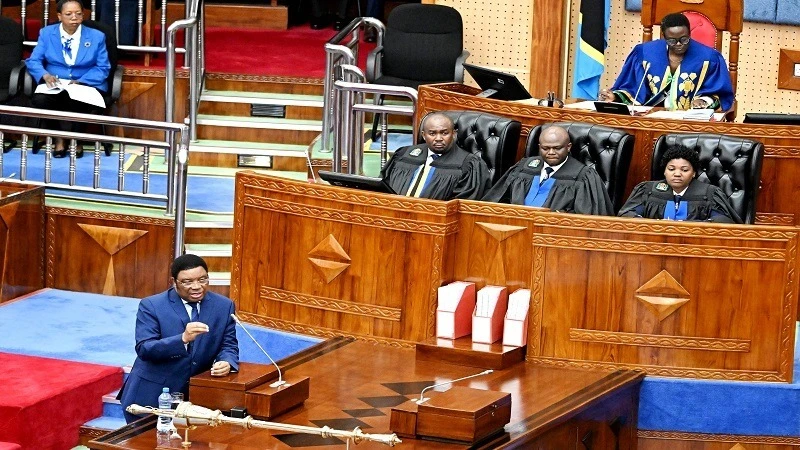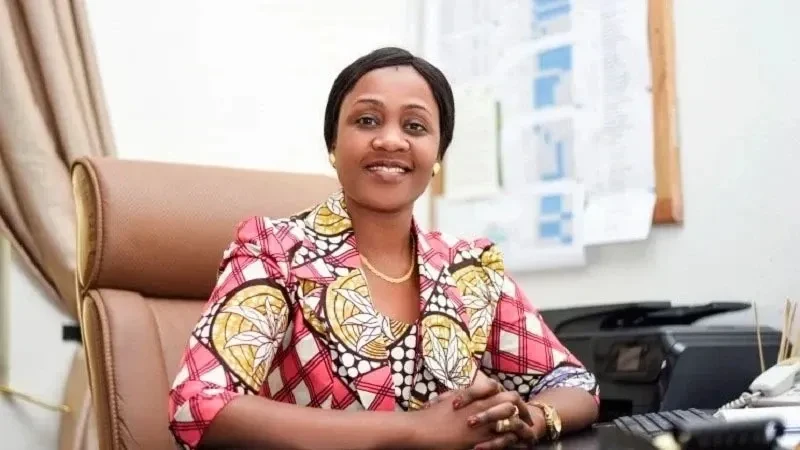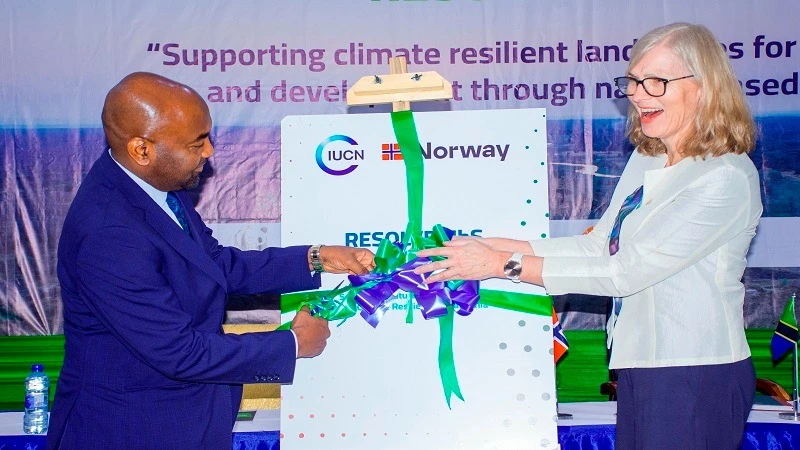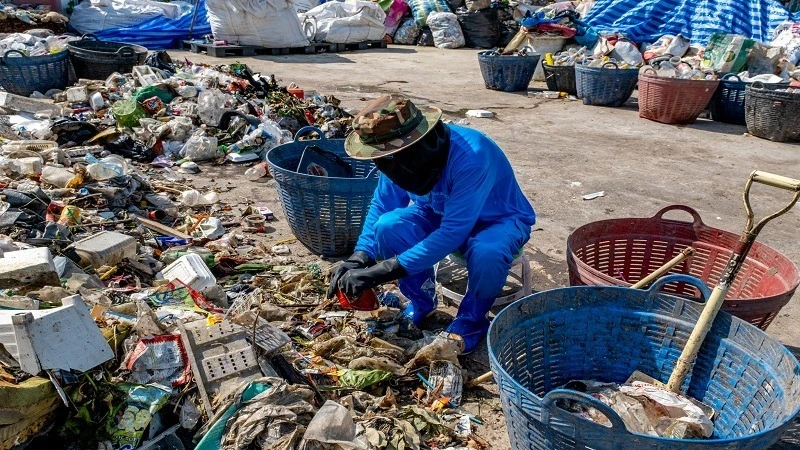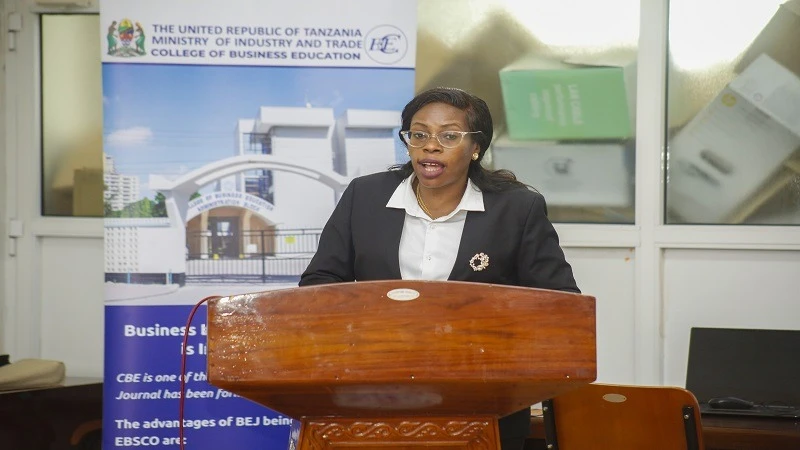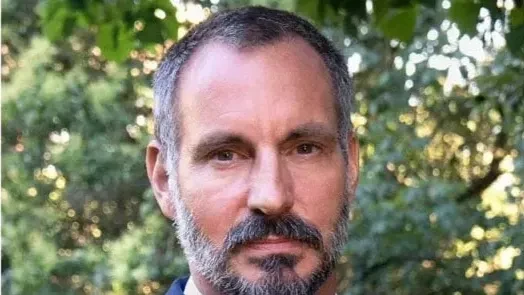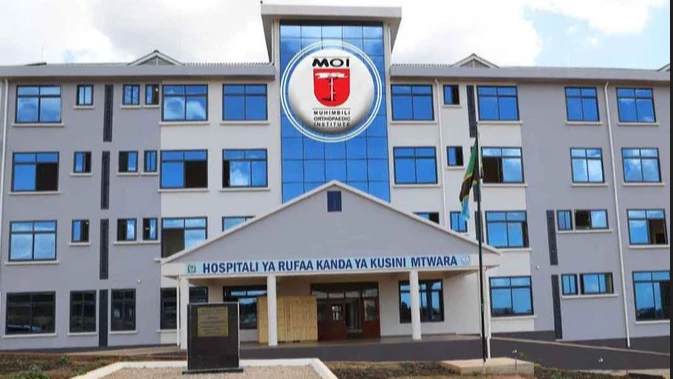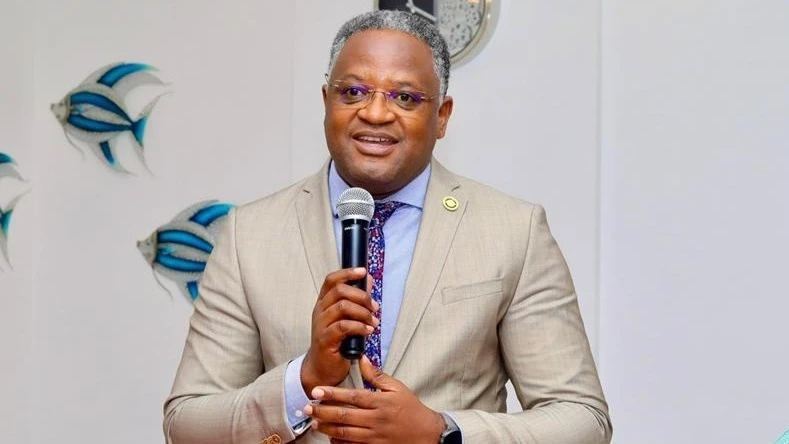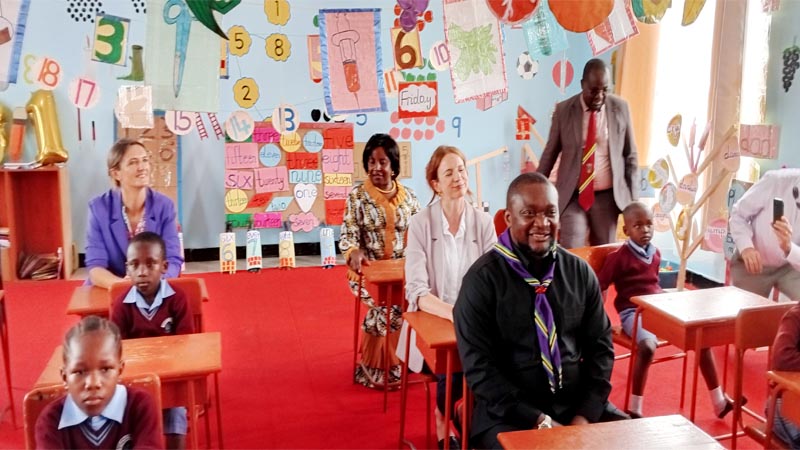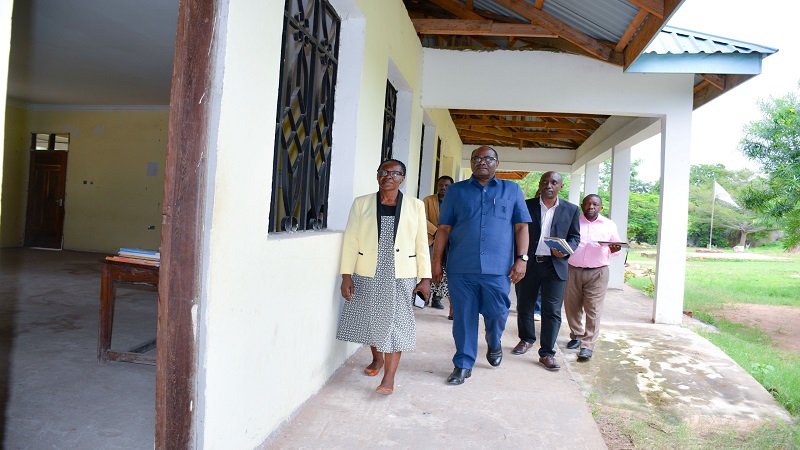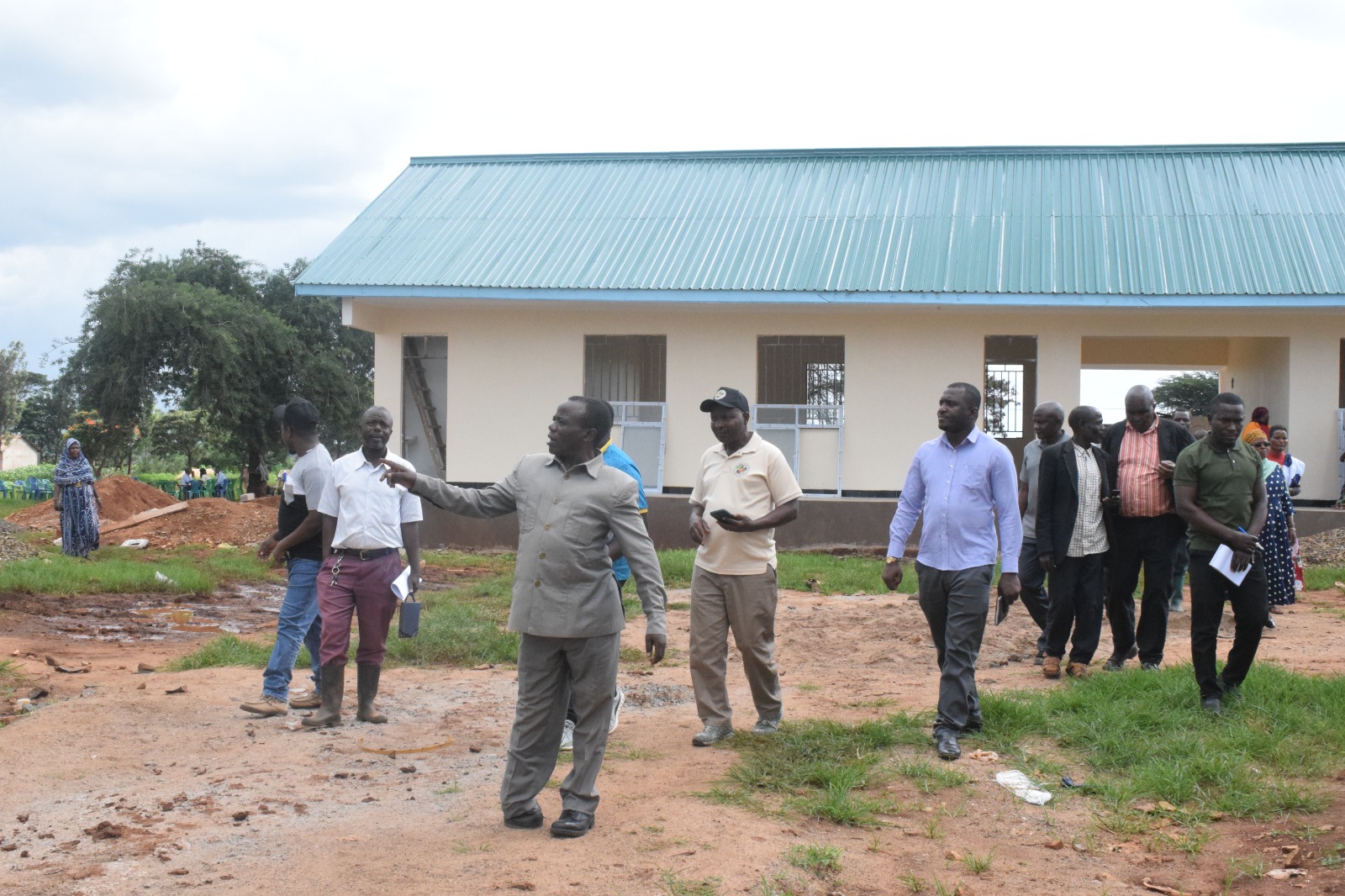Public-private partnership is vital to increasing energy access in Africa
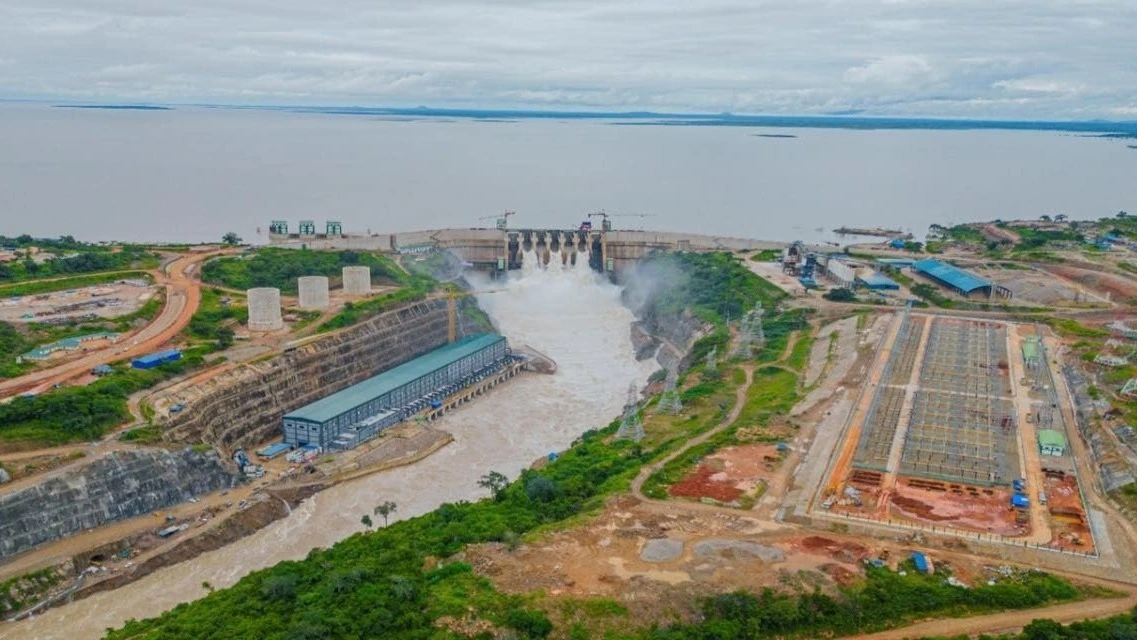
Public-Private Partnerships (PPPs) have emerged as a crucial mechanism in Tanzania's quest to improve energy access across Africa by 2030.
This ambitious target, set during the recent Mission 300 Africa Energy Summit held in Dar es Salaam on January 27-28, 2025, underscores the importance of collaborative efforts between the public and private sectors in addressing the continent's persistent energy deficit.
Mission 300: Bridging Africa's energy gap
Mission 300, launched by the World Bank and the African Development Bank (AfDB), aims to connect 300 million Africans to electricity by 2030.
Achieving this target requires at least US$90 billion in investments to expand and rehabilitate electricity grids at minimal cost.
Tanzania has made a strong pledge to enhance its utilities, integrate renewable energy sources, and increase national electricity connection targets.
Notably, the World Bank plans to invest US$30-40 billion, while the AfDB will contribute $10-15 billion, with the remainder sourced from private investors.
This collaborative approach seeks to address the widespread lack of electricity, spurring development and creating new job opportunities.
Half of the new connections will be sourced from existing grids, while the remaining half will be powered by renewable sources such as wind and solar mini-grids. This balanced approach highlights the strategic role of clean energy in meeting Africa’s future power needs.
"Electricity access is the bedrock of all development. It is a critical ingredient for economic growth and essential for job creation at scale. Our aspiration will only be realized with partnership and ambition. We will need policy action from governments, financing from multilateral development banks, and private sector investment to see this through," said Ajay Banga, World Bank Group President.
Tanzania’s commitment to PPPs
The Tanzanian government recognizes the importance of PPPs in accelerating energy access.
The Public-Private Partnership Centre (PPPC) under the Ministry of Finance has played a vital role in fostering collaborations that leverage private sector efficiency and innovation alongside public sector support and oversight.
David Kafulia, Executive Director of the PPPC, stated that of the $13 billion needed to enhance access to energy, projects valued at US$5 billion are set to be implemented through public-private partnerships.
He emphasized that creating a conducive regulatory environment is essential to ensuring maximum participation from the private sector in energy projects.
Energy access is economically transformative, reducing costs and improving productivity as Tanzania consolidates its position as a middle-income country. The Julius Nyerere Hydropower Project stands as a symbolic example of this transformation.
With a capacity to produce 2,100 MW of electricity, the project has reached an advanced stage and is expected to be a game-changer for Tanzania's energy sector.
Since taking office in 2021, President Dr. Samia Suluhu Hassan's administration has increased project implementation from 40 percent to over 90 percent. Upon completion, the project will elevate Tanzania’s electricity generation capacity to nearly 4,000 MW.
Financial commitments
During the Mission 300 Africa Energy Summit, significant financial commitments were made to support Africa's electrification efforts. The Islamic Development Bank (IsDB) and the Asia Infrastructure Investment Bank (AIIB) pledged up to US$6.15 billion to support the initiative.
The IsDB will contribute US$2.65 billion in project financing and an additional $2 billion for insuring power projects, while the AIIB will provide $1-1.5 billion in financing. These commitments build on previous pledges of up to US$48 billion from the World Bank and AfDB.
These financial injections are critical as they aim to significantly improve electricity access for around 600 million Africans currently without power.
The initiative also seeks to enhance clean cooking energy availability, reducing reliance on harmful wood and charcoal.
Challenges
Despite the promising financial commitments, challenges persist. Securing adequate financing remains a hurdle.
Projects like Uganda's $5 billion East African Crude Oil Pipeline (EACOP) illustrate the difficulties in debt negotiations due to shifting investor priorities.
This situation underscores the need for innovative financing solutions and the creation of an enabling environment for private investors.
Nevertheless, opportunities abound. Initiatives like the "Solar Mamas" in Zanzibar demonstrate the transformative potential of community-driven, small-scale renewable energy projects. Trained by Barefoot College Zanzibar, these women install solar power systems in rural areas, overcoming high costs and limited access to electricity. Such programs not only promote clean energy but also empower communities and can be scaled through PPPs.
Regional collaboration as a catalyst
Regional cooperation is essential to achieving Africa's energy goals. The East Africa Energy Cooperation Summit, held in Arusha on January 29-30, 2025, highlighted the importance of regional partnerships.
By working together, East African nations can leverage shared resources, harmonize policies, and attract larger investments to achieve collective energy access objectives.
Way forward
Public-Private Partnerships are central to Tanzania's strategy to expand energy access to 300 million people by 2030. By leveraging the strengths of both sectors, Tanzania can overcome financial and infrastructural challenges, implement innovative solutions, and ensure sustainable and inclusive energy access for its population.
The commitments and discussions from the recent energy summits underscore a shared resolve to harness the power of collaboration in achieving these ambitious targets.
To maintain momentum, Tanzania must continue fostering a favorable investment climate through streamlined regulations, stable policies, and attractive incentives. The path forward lies in innovation, cooperation, and a steadfast commitment to inclusive growth driven by energy access.
Top Headlines
© 2025 IPPMEDIA.COM. ALL RIGHTS RESERVED











